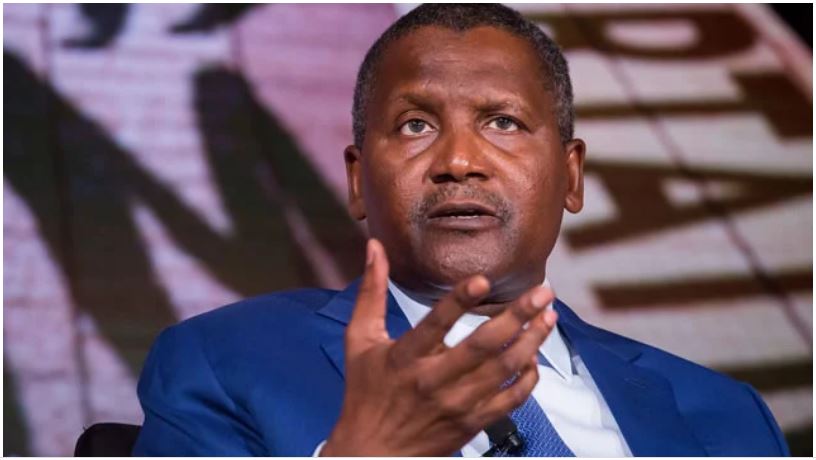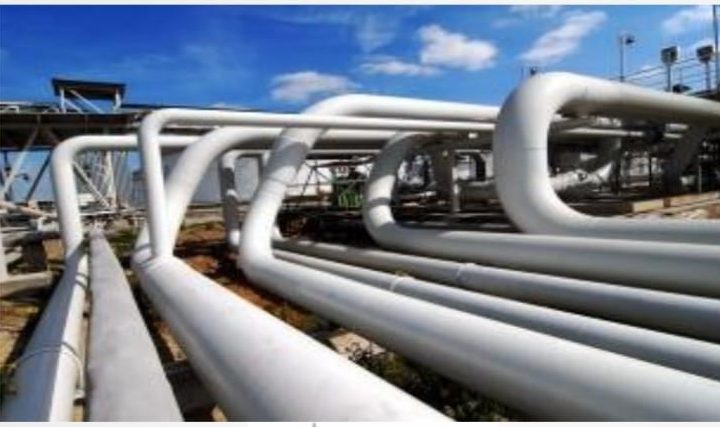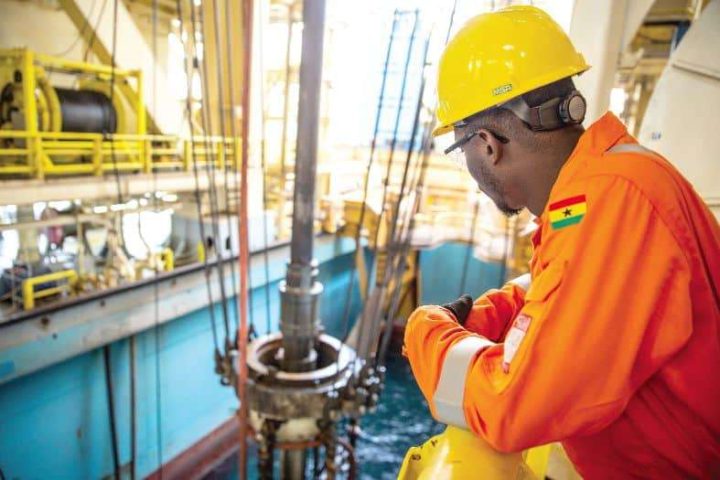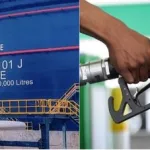For the first time in about 25 years, Nigerians heard a truly comforting fuel news. The owner of Dangote Refinery, the man himself, Aliko Dangote, assured that Dangote Refinery operations were finally here for real. This news has positively punctuated government’s litany of failures with promises such as subsidizing transport, offering lasting palliatives and salary increments, payment of seized worker salaries, fighting insecurity, and arresting inflation, etc.
The Dangote Refinery had missed at least four deadlines to commence refining since 2021, with the cost of building the refinery moving from $9 billion in 2017 to $19 billion as of December 2023. It has been the same with the other government owned refineries, which have gulped $1.5 billion in turn-around maintenance for over 20 years, enough to build 27 new modular refineries. The four refineries have yet to commence operations after more than 10 promises to the contrary.
Join our WhatsApp ChannelSpeaking at the Africa CEO Forum Annual Summit in Kigali, capital of Rwanda, May 17, Dangote said Nigeria, and indeed West Africa, could get all of their need for diesel, aviation fuel and gasoline from his refinery as early as June 2024, with a daily capacity of 650,000 barrels. Dangote put the full burden of Africa’s energy needs on his refinery, declaring that the continent would no longer need to import anything, not a litre. Detergent and fertilizer were added to the list of areas where the continent would soon achieve self-sufficiency courtesy of Dangote Refinery. Even the entire continent of Africa, Brazil and Mexico would get aviation fuel from Nigeria.
No more imports; not a litre?
So, one year after its commissioning in May 2023, the Dangote Refinery has roared to life. It has also taken five months since taking delivery in December 2023 of its first one million barrels of Agbami crude grade from Shell International Trading and Shipping Company Limited (STASCO).
Over the next one year, the refinery will source one-third of its oil from the US, and this amounts to at least 24 million barrels of crude oil. Reports from Bloomberg show that Dangote Refinery will source two million barrels per month from West Texas Intermediate Midland crude for a year as from July.
The outside sourcing is due to shortfalls in Nigeria’s production, which is, in turn, a result of corruption, oil theft, insecurity, chronic inefficiency, and ultimately oil-for-debt servicing. Total production at times goes under a million, but has reached between 1.5 million and 1.67 million barrels per day over the past year. This is against a potential of over two million barrels per day, though OPEC quota still stands at 1.5 million barrels per day.
READ ALSO: Dangote Refinery Again Reduces Diesel, Aviation Fuel Prices To N940, N980
According to Dangote, the refinery started its initial production with diesel and jet fuel. Gasoline, also called petrol, will follow later in June, though it is the main stay of Nigeria’s economy, and the poor man’s major concern. Yet, this puts forward the question: Has importation ended, and will prices ever improve for the ordinary Nigerian?
What about subsidy and price?
As Nigerians wait for the eventual time for refining gasoline (popularly called petrol or PMS), they also await feverishly for a positive impact on the prices of the products. The circumstances of the importation of refined petroleum products forced the removal of subsidies, and the astronomical rise in prices.
Against the backdrop of the 1977 Price Control Decree (later Act), the Nigerian government subsidized fuel prices from as low as 5 kobo in the 1970s to N197 in May 2023. But, as of May 2023, petrol sold above N600 across the country, with government’s removal of subsidy. By May 2024, it had hit N900, with kerosene going past N1, 700, a little more than diesel at N1, 300, half the price of a 25kg of rice a decade ago. That size of rice is now N30, 000.
Importing crude to end importation of refined fuel: The contradictions
There is a lot of reason for the question on the lips of every Nigerian about the likely prices of the products from Dangote Refinery. Will sourcing the crude oil from the international markets mean that the refinery would sell at international prices? If, so, subsidy removal subsists. This also means that there will still be complaints from importers about port congestions, freight prices, and high volatility in the international oil market. Dangote himself said in Kigali that exporting raw materials and importing finished products amounts to exporting jobs and importing poverty. For these reasons, there is perennial arbitrary price hike for all petroleum products.
At the removal of subsidy, some gossiped then that it was a preparatory ground for pricing with regard to Dangote Refinery and its products. The way government goes about the promise of bringing back its other four refineries will further weaken or bolster this gossip, which is fast becoming tenable argument. Since 2010, the projects connected with the refurbishments of the refineries have gulped over 11.35 trillion naira (about USD 8.5 billion), yet they remained unproductive. It costs at least 10 billion USD to build a modern full-fledged refinery.
In 2017, many Nigerians had questioned the wisdom behind citing the Dangote Refinery in Lagos instead of the Niger Delta, the abode of crude oil in Nigeria. The Dangote Refinery is built in Lagos, 536km by road from the Niger Delta, the seat of Nigeria’s crude deposits. Yet, the owner, Aliko Dangote, cited existing infrastructure, logistics, proximity to international shipping routes and the presence of a skilled workforce as reasons for choosing Lagos. Nearness to the source of raw material was not an issue. Today, the Dangote Refinery imports crude in a country that holds the world’s 11th largest crude deposits, and one of the choicest in the world. Notwithstanding, the Niger Delta can favorably compete with Lagos on all the mentioned reasons by Dangote.
Is the continued moribund status of the refineries deliberate? The refineries (Old Port Harcourt 60,000; Warri -125,000 bpsd, Kaduna- 110,000; and New Port Harcourt -150,000) have a combined capacity of 445,000 barrels per day. Government should give heed to the need to restore the refineries as it has promised severally. Many commentators have questioned the wisdom behind discovering and destroying illegal refineries without harnessing the talents behind them to solve Nigeria’s oil problems. Yet, some have argued that illegal refiners helped the country a lot to cushion the effects of shortages. This is especially as the country boasts several petroleum institutes that have also touted their capabilities in refining, barring resource limitations. The same resources devoted to fighting illegal refineries can be channeled to halting oil theft, which has caused the country about 619.7 million barrels of crude oil valued at N16.25 trillion ($46.16 billion between 2009 and 2020.
Dr Mbamalu, a Jefferson Fellow and Member of the Nigerian Guild of Editors (NGE), is a Publisher and Communications/Media Consultant. His extensive research works on Renewable Energy and Health Communication are published in several international journals, including SAGE.
SMS/Whatsapp: 08094000017
Follow on X: @marcelmbamalu
Dr. Marcel Mbamalu is a communication scholar, journalist and entrepreneur. He holds a Ph.D in Mass Communication from the University of Nigeria, Nsukka and is the Chief Executive Officer Newstide Publications, the publishers of Prime Business Africa.
A seasoned journalist, he horned his journalism skills at The Guardian Newspaper, rising to the position of News Editor at the flagship of the Nigerian press. He has garnered multidisciplinary experience in marketing communication, public relations and media research, helping clients to deliver bespoke campaigns within Nigeria and across Africa.
He has built an expansive network in the media and has served as a media trainer for World Health Organisation (WHO) at various times in Northeast Nigeria. He has attended numerous media trainings, including the Bloomberg Financial Journalism Training and Reuters/AfDB training on Effective Coverage of Infrastructural Development of Africa.
A versatile media expert, he won the Jefferson Fellowship in 2023 as the sole Africa representative on the program. Dr Mbamalu was part of a global media team that covered the 2020 United State’s Presidential election. As Africa's sole representative in the 2023 Jefferson Fellowships, Dr Mbamalu was selected to tour the United States and Asia (Japan and Hong Kong) as part of a 12-man global team of journalists on a travel grant to report on inclusion, income gaps and migration issues between the US and Asia.




















Follow Us